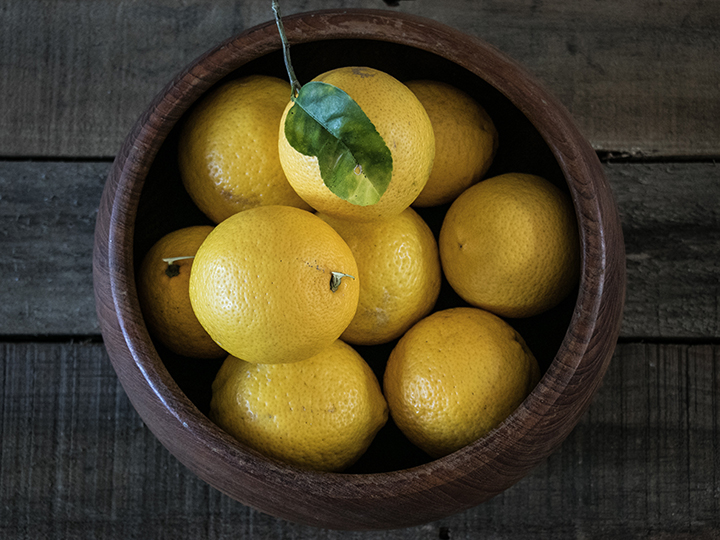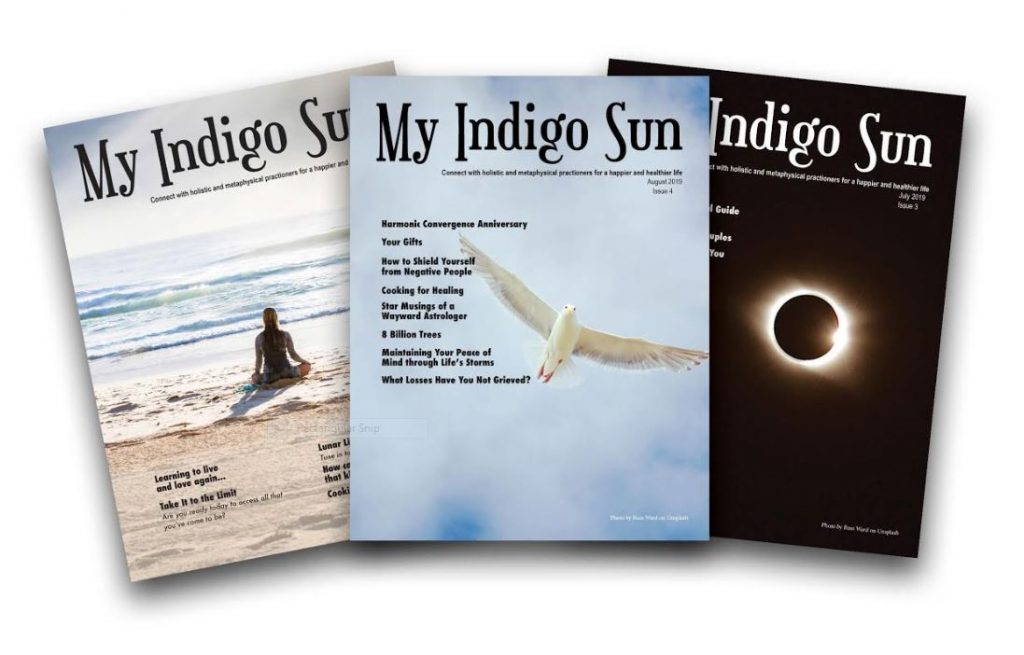Apeel, the revolutionary postharvest coating designed to prolong the freshness of fruits and vegetables, has recently entered the grocery realm, bringing with it a cloud of uncertainty. Marketed as a thin, edible coating crafted from plant-derived materials, Apeel claims to slow moisture loss and curb oxidation, extending the shelf life of fresh produce. However, this innovation has triggered conflicting opinions, leaving consumers concerned regarding its safety and potential health implications.
The Apeel website asserts its approval for organic processing and proudly displays the OMRI Listed® certification. Yet, beneath the surface, a confusing landscape emerges. While some confidently label Apeel as “generally recognized as safe” (GRAS), opposing voices raise red flags, questioning its safety profile.
Adding to the perplexity is the mysterious composition of Apeel. Described as a colorless, odorless, and tasteless plant-based coating, Apeel introduces a new layer of complexity by resisting removal through standard washing practices. You can’t wash it off. This feature leaves consumers pondering the safety of ingesting this coating.
The coating’s formulation is used for strawberries, mangoes, apples, bananas, kumquats, citrus, asparagus, and more.
Apeel’s ingredients remain a well-guarded secret, with the company adopting a cryptic approach to disclosing a comprehensive list. The website vaguely alludes to a plant-based origin, claiming to mimic nature. Delving deeper, a Generally Recognized as Safe (GRAS) notice surfaces, indicating that the coating predominantly comprises monoacylglycerides derived from grapeseed, as per the FDA in 2019.
In the face of this uncertainty, consumers are advised to approach Apeel-coated produce with caution. The presence of an Apeel sticker acts as a visual cue, prompting discerning consumers to reconsider purchasing items featuring this controversial coating. Expressing concerns to grocery store managers emerges as an avenue for consumer advocacy, signaling a collective rejection of Apeel-coated produce in the hope of influencing its market presence. Concerned consumers are being vocal about intentionally encouraging shoppers to refrain from purchasing any produce with the Apeel sticker on it in order to make a statement to the Apeel corporation.
Background:
Apeel was founded in 2012 by James Rogers after receiving a $100,000 grant from the Bill and Melinda Gates Foundation to help reduce post-harvest food waste in developing countries that lacked refrigeration infrastructure. After the initial grant, backing has been provided by Microsoft cofounder Bill Gates, venture capitalist firm Andreessen Horowitz, and ATEL Capital Group. Apeel has raised $110 million in financing to date. In June 2018, Apeel was named a World Economic Forum Technology Pioneer. In August 2018, Apeel announced the appointment of former Whole Foods Market co-CEO Walter Robb to its board of directors.
In response to these concerns, a growing trend sees consumers pivoting towards trusted sources like farmers markets. Opting to purchase directly from organic growers not only improves local agriculture but also ensures access to untouched produce, free from controversial coatings. As farmers markets gear up for the season, consumers are presented with a timely opportunity to prioritize the purchase of organic, locally sourced fruits, and vegetables. This could be a really positive outcome from a scary shift in produce options in mainstream grocery stores.
Learn more about what store chains sell their produce in apeel coating here.
Researched by Lauren Lovato
References:
https://naturesfoodpatch.com/apeel-is-not-appealing/
https://energymattersllc.com/blogs/news/how-dangerous-is-apeel-produce-coating
https://www.apeel.com/how-apeel-works
https://www.healthline.com/health/food-nutrition/monoglycerides




